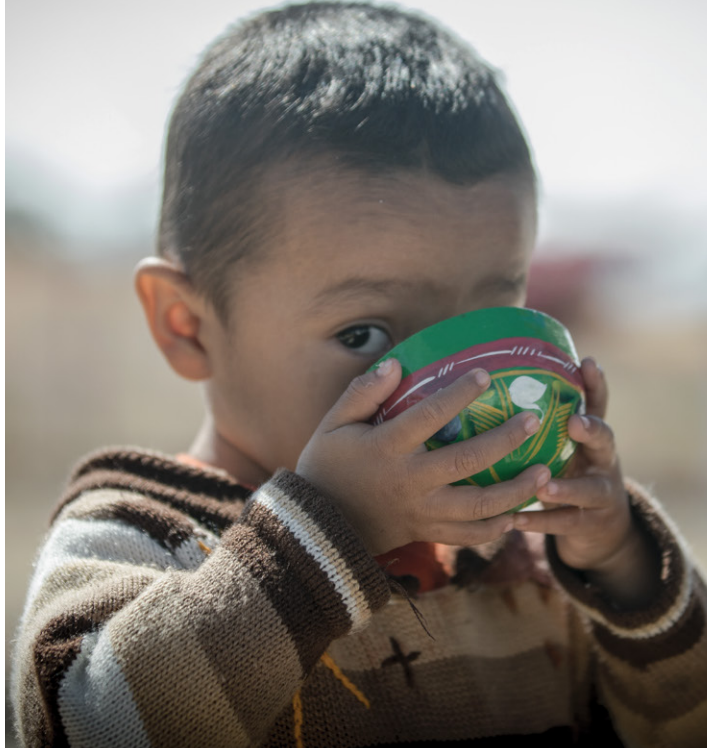Building Capacity to Reduce Childhood Lead Poisoning in Bangladesh

ESDO, UNICEF, icddr,b, Stanford University, University of Dhaka
A major global problem, environmental lead pollution, whose Public health impacts are particularly alarming in Bangladesh as one of the countries in the world with the highest blood lead levels.
The FFEM project addresses the problem by relying on the weak exponential signals detected by population blood lead screening campaigns, demonstrating a situation of overexposure (high blood lead, lead poisoning) in the vicinity of informal recycling sites for used lead-acid batteries (ULAB). The project takes place in a context of demographic pressure, climatic and migratory stress, and the country’s industrial development, which is accompanied by economic opportunities for the battery sector, in response to the challenges of mobility and energy transition. The project strategy proposed to deal with this situation aims to strengthen the capacity of the public authorities to implement an environmental management policy for the sector on two levels: curative, with the rehabilitation of polluted sites existing, and preventive, with the supervision of professional practices in the lead-acid battery recycling sector and the environmental and health education of operators and populations.
The overall objective of the proposed project is to reduce lead pollution and to cooperate with the Government of Bangladesh in defining the tools, strategies, and capacities needed to ensure environmentally sound management of used lead-acid batteries. The project aims to foster a regulatory environment and market conditions capable of transitioning from a non-compliant and informal BPAU recycling industry to a more environmentally sound formal industry.
The specific goals of the project are:
- Develop appropriate tools, technical capacity, and human and financial resources for environmentally sound
management of used lead acid batteries - Develop economic tools to implement the transition from the informal battery recycling sector to the formal economy
- Strengthen the capacity for remediation programs for polluted sites
- Increase awareness of the Government of Bangladesh, private sector, public, donor agencies, and other stakeholders on the environmental and health effects of lead
The outcomes are:
Environmental
- Reduction in soil & water contamination
- Remediation of contaminated sites
Economical
Introduction of circular economy
Industrial
Introduction of a better recycling process
Institutional
Intersectional, inter-ministerial collaboration
Capacity building for the DGHS to detect and care for patients affected by lead pollution
Currently, a team of consultants is reviewing the Environmental and Social Management (ESM) aspects of this project’s intervention areas and activities; and the ESM report has been submitted for further stage of progress.
